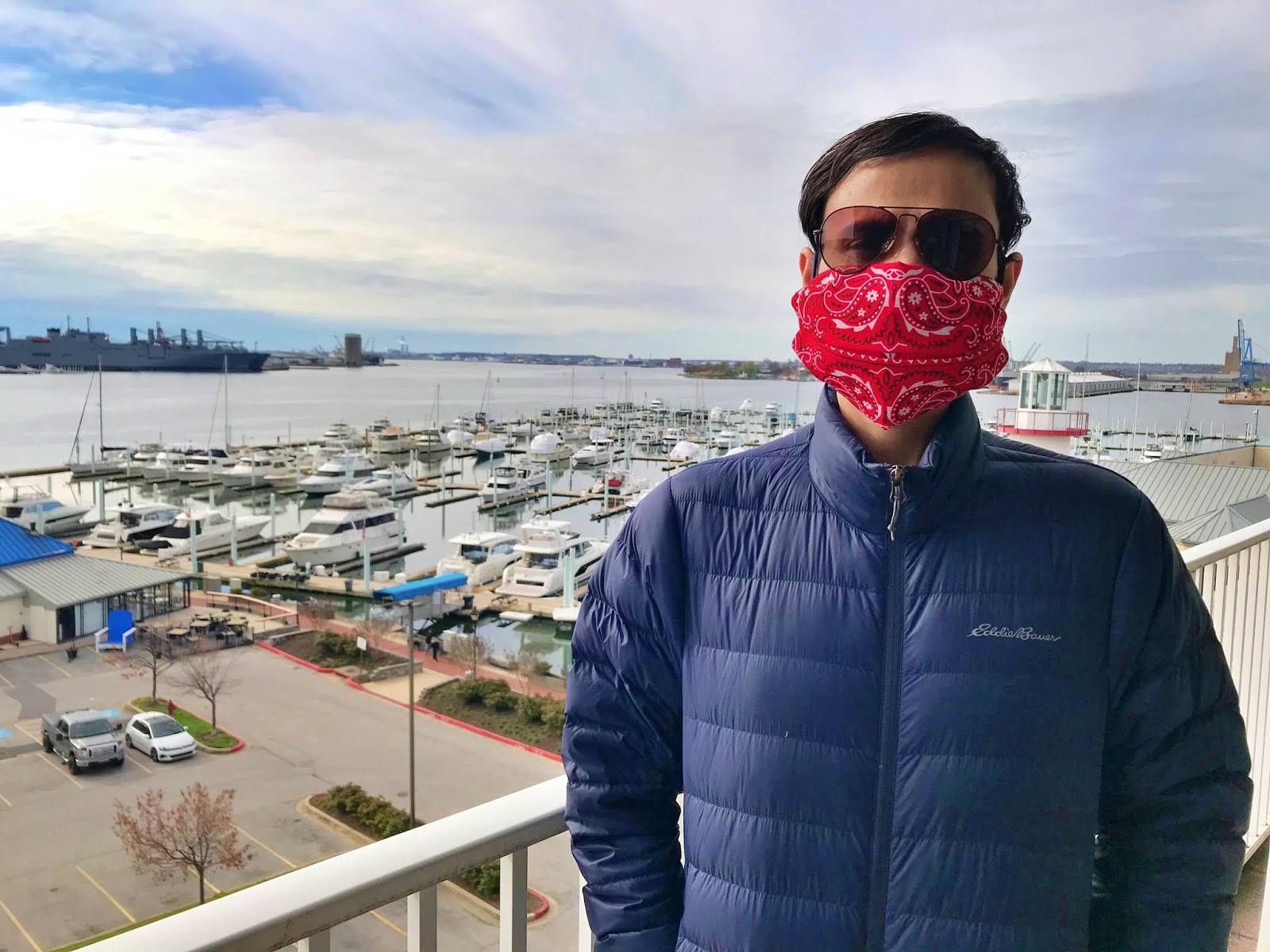Tips For Picking Visitors Insurance For Indian Parents Traveling To The US

We know that healthcare in the U.S is expensive and elderly people are more susceptible to illnesses. Bills can quickly add up if you run into a medical emergency. Depending on the treatment, visiting an urgent care or the emergency room can cost anywhere between $150 to $1,000,000. Ambulance or helicopter services is beyond the afforadable limits of middle-class people like me if I have to pay for it out of pocket. You must realize that even if you are healthy at this moment, you can still encounter unexpected emergencies like sudden illness, accidents, hurting yourself or falling down, etc. This is where having a travel insurance policy can help in avoiding a bankruptcy. You can either buy the travel insurance from an Indian company in India or a US company. The pros and cons for both these options are listed below: # Indian Insurance Company US Insurance Company 1 It is way cheaper to buy insurance from an Indian company in India as opposed to a US based compa


